 |  |  |
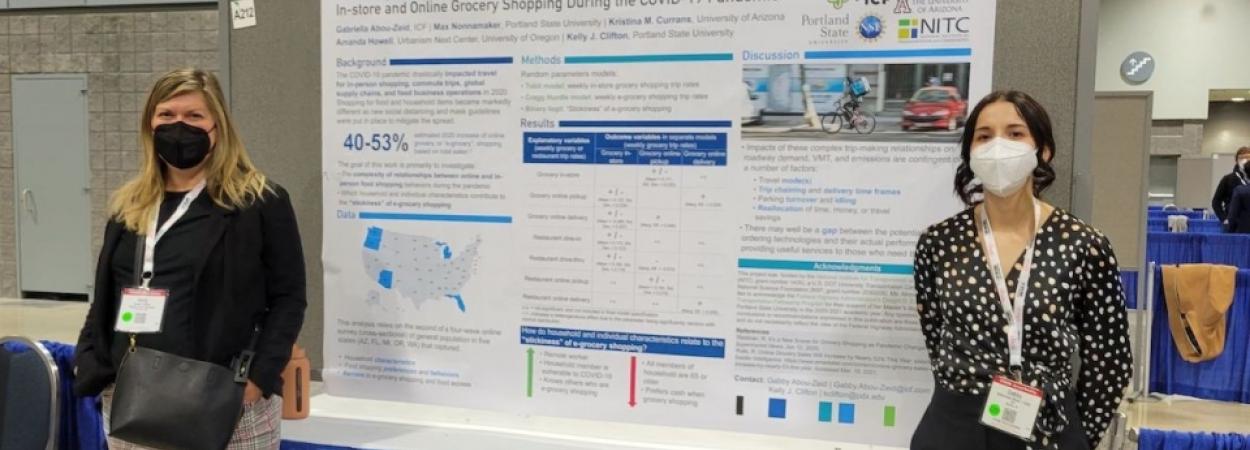
In 2020, the COVID-19 pandemic drastically impacted travel for in-person shopping, commute trips, global supply chains, and food business operations. E-grocery pickup and delivery services saw unprecedented expansions in response. The adoption and use of these e-grocery services have implications for equity and mobility. A PSU masters thesis offers insights: "Adoption and Use of E-Grocery Shopping in the Context of the COVID-19 Pandemic: Implications for Transport Systems and Beyond" by Gabriella Abou-Zeid, a 2021 graduate of Portland State University with a masters in civil engineering.
"While the future adoption and use of e-grocery services is uncertain as the COVID-19 pandemic evolves, our analysis revealed a clear impact of the pandemic on e-grocery shopping behaviors, which has impacts for transportation network demand, safety, and equity," Abou-Zeid said.
Enhancing our…
Read More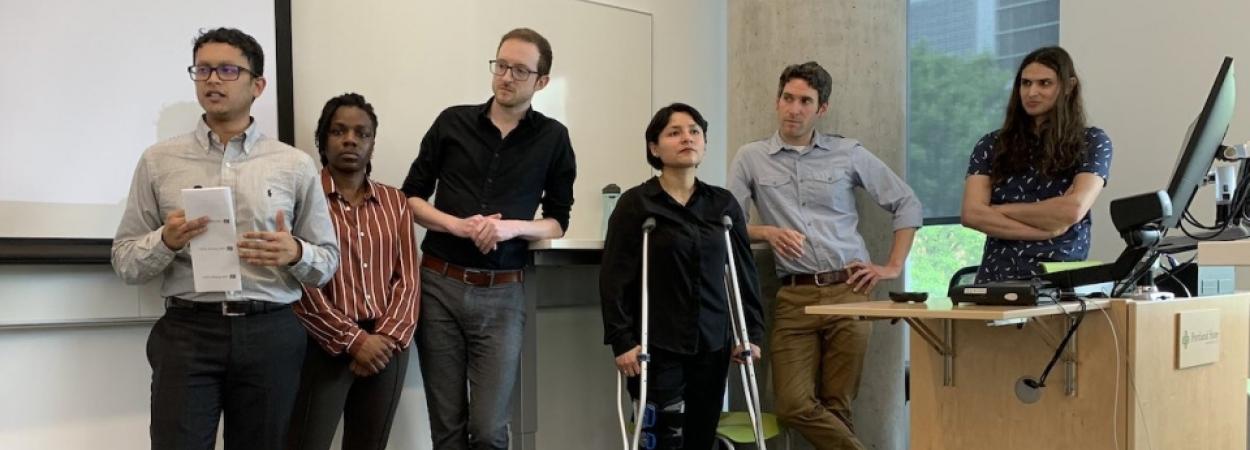
In 2022, a PSU Master of Urban and Regional Planning (MURP) team made headlines with their strategies to improve safety for houseless pedestrians. Cities across the U.S. are facing alarming increases in traffic fatalities, especially among the number of pedestrians who are struck and killed by drivers. In 2021, 70 percent of all pedestrian fatalities in Portland were of people experiencing houselessness. The MURP team Street Perspective, made up of Peter Domine, Nick Meusch, Asif Haque, Angie Martínez, Sean Doyle, and Meisha Whyte, investigated how to reduce the risk of being hit and killed specifically for unhoused people.
As the Portland Bureau of Transportation (PBOT) is updating the city's Vision Zero Plan, the team provided PBOT with recommendations to reduce the risk of pedestrian fatalities among the city's vulnerable houseless communities.
Watch the recorded…
Read More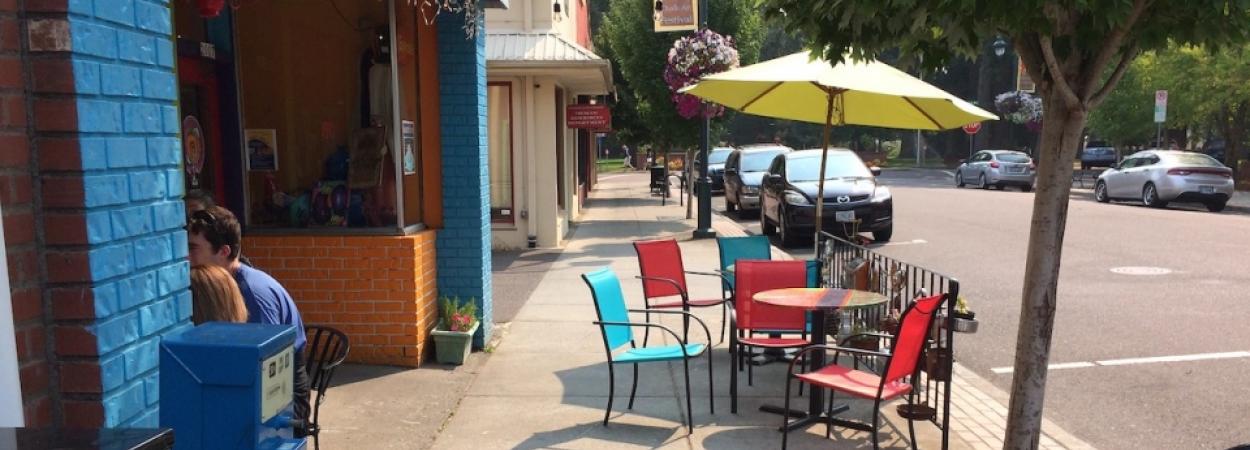
Active transportation investments offer many types of benefits related to safety, reduced greenhouse gas emissions, physical activity and the economy. Metro, Oregon’s regional government for the Portland metropolitan area, wants to better understand the role of these investments in building stronger communities in their region, and in implementing the Metro 2040 Growth Concept.
Led by Portland State University in partnership with Metro, the Active Transportation Return on Investment (ATROI) study looked at twelve projects constructed in the greater Portland region between 2001 and 2016. These twelve 2040 Catalyst Projects were evaluated to determine if active transportation investments had significant effects on the local economy. 2040 Catalyst Projects retrofit busy commercial streets with pedestrian-friendly treatments to catalyze economic development within 2040 Centers,…
Read More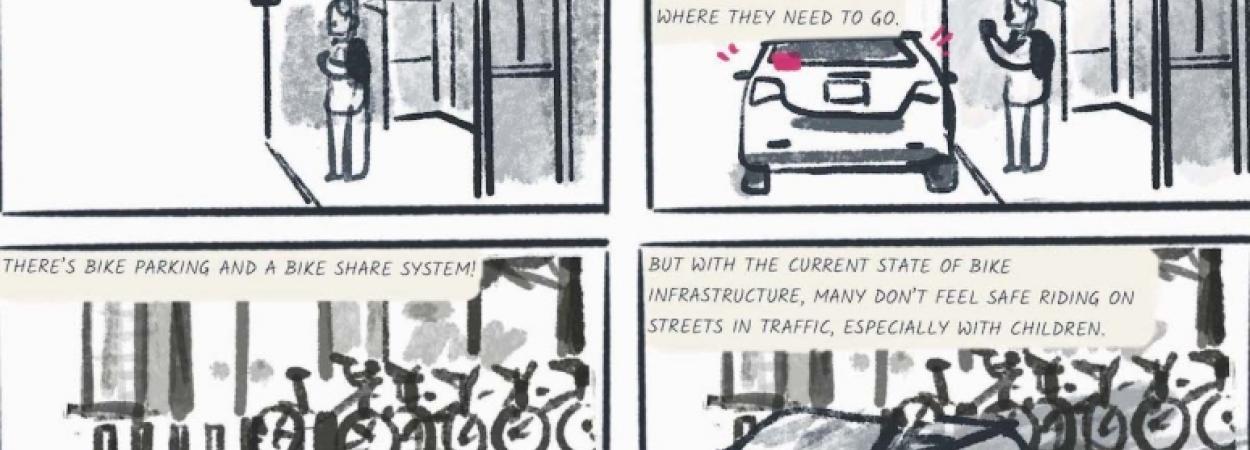
Incorporating transportation into the land development process is a big undertaking, with many important angles to be considered. Researchers are translating NITC research on this theme into a popular, easy-to-understand graphic format: comics. Led by an interdisciplinary team at Portland State University and the University of Arizona, they're illustrating transportation considerations in the land development process as a comic to reach a broader audience on this critical topic.
Related: Read about the NITC Research Roadmap on Transportation and Land Use.
Still in development (the images here are early working drafts, illustrated by PSU student Joaquin Golez and Portland, OR illustrator Ryan Alexander-Tanner), the comics are based on research findings from s…
Read More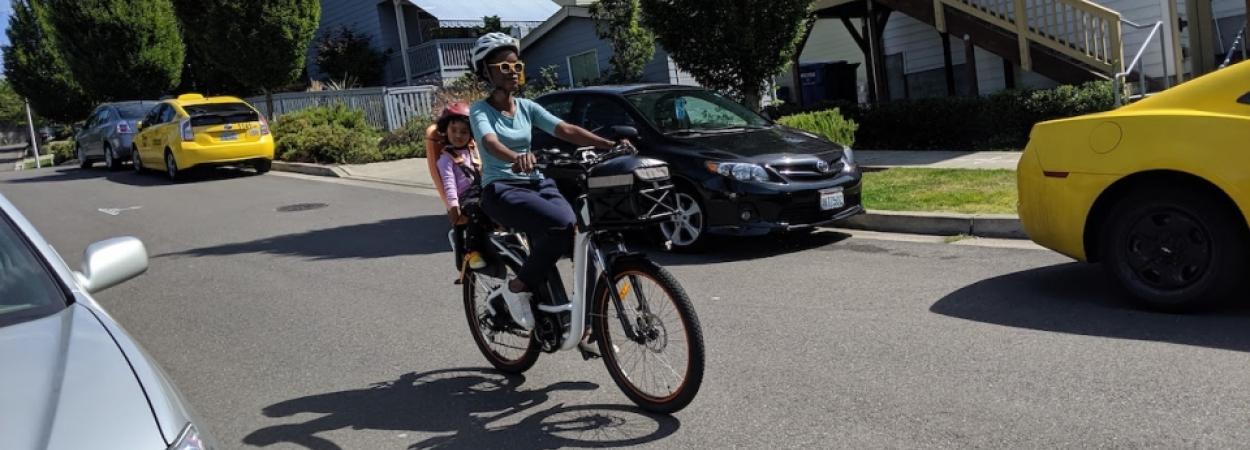
Would monetary incentives encourage more people to buy e-bikes?
Portland State University (PSU) researchers are examining how purchase incentive programs can expand the current e-bike market, and the latest product to come out of this research is a white paper released earlier this month: “Using E-Bike Purchase Incentive Programs to Expand the Market – North American Trends and Recommended Practices (PDF)”
The paper offers methods of identifying the most effective program structure for the incentive provider's priorities, and helpful information on how to administer and track the program.
A great number of cities in the United States have cycling goals, and a great way to address those is by promoting e-bikes, because they provide for a much wider range of users than a traditional bike does," said Came…
Read More